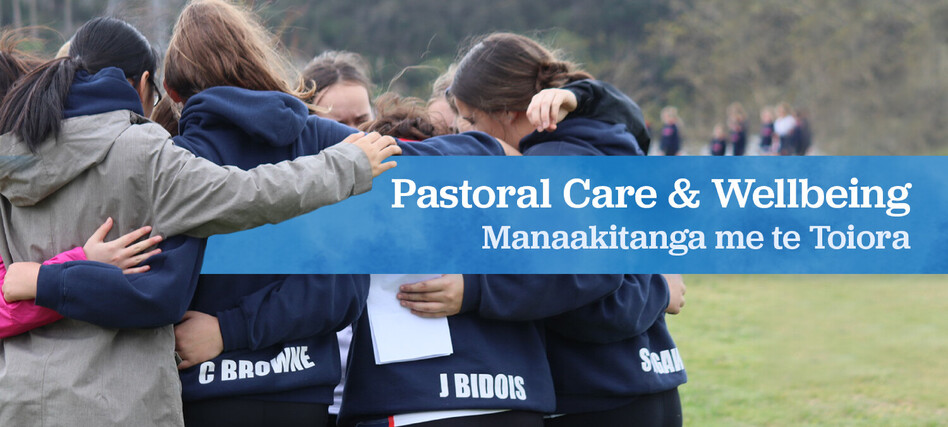Respectful Relationships
He waka eke noa
A canoe which we are all in with no exception
At Dio, we believe that positive relationships are the key to a happy school. When people are happy, they learn well and enjoy the things they are doing. Good relationships are based on respect, fairness, honesty and open communication. Sometimes, however, things don’t always go as we would like, and problems occur between people. Often, these problems start as little problems; if they are not dealt with, they become big problems.
Restorative Practice is central to Dio’s philosophy and is based on developing respectful relationships and the awareness of how our behaviour affects others.
The core of Restorative Practice is the coming together of all people involved in the problem to discuss a way forward. Problems within the school and between people occur at different levels of seriousness, and this means that one type of restorative discussion does not fit all situations. The different types of restorative discussions at school will depend on the level of the problem.
All classroom teachers at Dio base their practice in the classroom around the principles of respectful relationships. However, if a student breaches any rules or expectations set out in the School Handbook/Student Diary, they can still expect possible consequences for their actions.
At Waikato Diocesan, every teacher has the right to set classroom expectations, and every student has the right to learn in a friendly and respectful environment. It is the student’s responsibility to:
Be in class on time and pack up on the teacher’s signal.
Come to class prepared; bring the correct equipment, work to deadlines and complete homework.
Listen respectfully to the teacher and other students.
Follow instructions the first time given and ask appropriate questions if you don’t understand.
Wear the correct uniform.
Respect others and the classroom environment.
Encourage and support each other.
Use class time wisely to enhance each others’ learning.
Look for opportunities to extend yourself.
Be willing to contribute.
Be willing to work with a range of people.
Use initiative in your learning.
Our Motto
Veritate - By Truthfulness
Simplicitate - By Straightforwardness
Fidelitate - By Loyalty
Our school seeks to cultivate an awareness of God, care for oneself and one another; compassion for the needy and care for creation.
Mission Statement
To achieve excellence in education within a caring family atmosphere under the influence of the standards and practices of the Anglican Church in Aotearoa New Zealand and Polynesia.
Our Vision
Preparing confident, resourceful and resilient young women to make a positive difference in their world.
Values
Underpinning all that we do at Dio is the Anglican faith. One of the ways that we support this is through our understanding and putting into action of our Dio values of Courage, Empathy, Integrity, Tolerance, Respect and Diligence:
Kia mātātoa - to be courageous
Kia ngākau aroha - to show empathy
Kia ngākau pono - to have integrity
Kia ngākau mahaki - to show tolerance
Kia ngākau whakaute - to uphold respect
Kia pukumahi - to demonstrate diligence
Over the five years that our students spend with us, we explore our themes through the context of these values, which underpin everything that we do.
Our Goals
Learning
Our girls: Provide learner-centred programmes that meet the needs and aspirations of all girls and inspire a passion for lifelong learning.
Our people: Attract, develop and retain inspiring staff who are mentors and facilitators of powerful learning and living.
Growing: Foster each girl's physical, cultural, personal and social development.
Connecting: Engage meaningfully with the wider school community and other local, regional, national and global communities
Resourcing: Develop, maintain, and effectively utilise physical and financial resources to support the school's strategic goals, ensuring long-term sustainability and ongoing development.
Nurturing: Provide a safe, caring and supportive Christian environment where all school community members are valued and respected and shaped by our values in an Anglican context.
Special Character: The special character of the school will underpin all aspects of school life and relationships.
The revised statement of special character will be widely shared, explored, and readily accessible in public forums.
Faith and resilience will be encouraged as the cornerstones of good character.
The school motto will be unpacked and given school-wide prominence.


